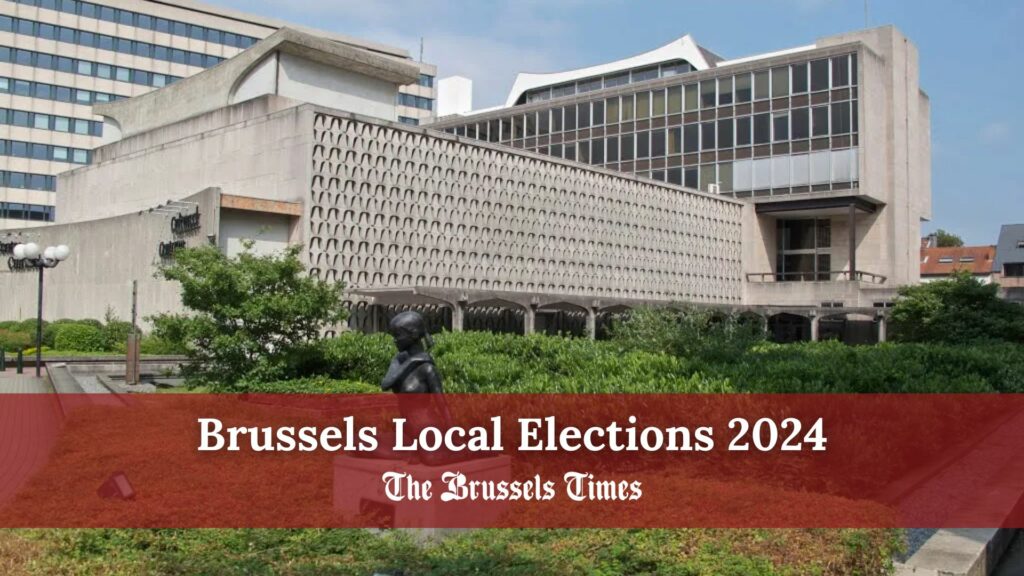Belgium's 2024 local elections are around the corner. Brussels residents will vote to elect their local council on Sunday 13 October, and indirectly, their new mayor (bourgmestre in French or burgemeester in Dutch).
Knowing how the local election list system works is key to understanding who is running. Find all you need to know about lists here. Our practical guide will tell you everything you need to know before the big day.
Some numbers below are missing. This is because there are a total of 13 lists in Brussels, but not every list appears in every commune.
Current mayor: Sophie de Vos (DéFI)
Current coalition: Liste du Bourgmestre, Ecolo-Groen
Number of seats on the council: 31
Population: 35,350 (Statbel)
Average income: €20,354 (Statbel)
Average cost of housing: The average cost for a flat is € 3,798/m², while the average cost for a house is €3,694/m² (Immoweb)
2. Liste du Bourgmestre
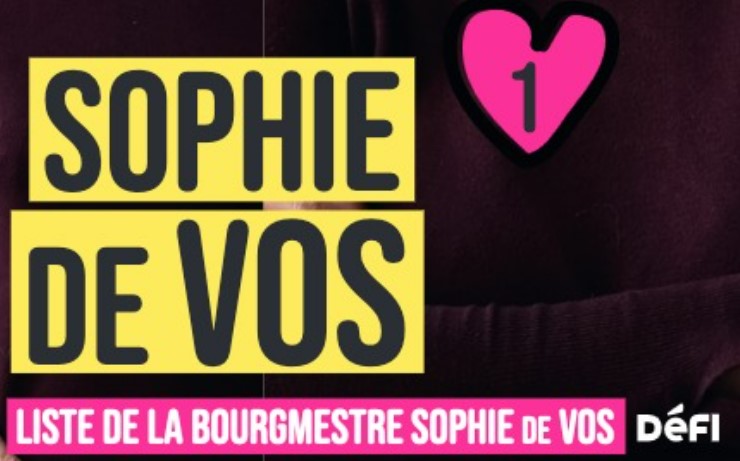
Lead candidate: Sophie De Vos (DéFI)
Number of candidates on the list: 33
Taxes: keep the lowest taxes in Brussels, maintain the target of less than €1,000 in taxes per year per household, refuse lavish spending, keep operating expenses below 10%, create a system for monitoring and evaluating what we do by residents.
Mobility: oppose regional policies to eliminate on-street parking, look for solutions to combat through traffic in neighbourhoods with residents, create a citizen network to collect data on mobility and excessive speed, finalise the third phase of the revitalisation of the Chasse Royale district by creating a new park.
Security: maintain effective systems against burglaries, increase bonuses for securing homes and the number of fixed and mobile cameras in public spaces, create a support service for victims of internet scams, organise a free training programme to learn how to avoid them.
Full list programme not available online.
3. MR-Les Engagés-Open VLD-CD&V
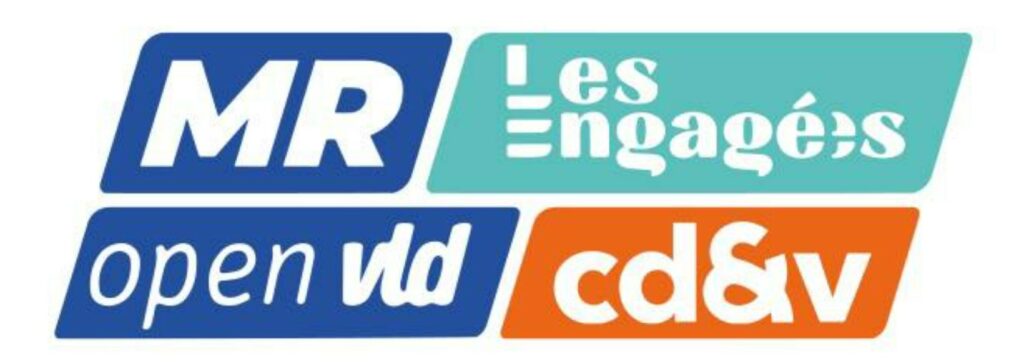
Lead candidate: Valérie Glatigny (MR)
Number of candidates on the list: 33
Mobility: redevelop the Herrmann-Debroux viaduct, implement the Chant d'Oiseau 'peaceful neighbourhood' project as part of the Good Move mobility plan, implement a 'soft mobility' plan to analyse the needs of all road users.
Climate: implement the Climate Action Plan for carbon neutrality by 2050 to improve energy consumption of municipal buildings, develop 'soft mobility', support sustainable food and waste management, provide affordable housing, preserve natural areas.
Security and cleanliness: increase night patrols, strengthen community policing and the role of neighbourhood officers, implement a municipal 'zero waste' plan with precise evaluation indicators and permanent monitoring and a deposit system for plastic bottles, metal cans and glass jars.
Full list programme here.
4. Ecolo-Groen
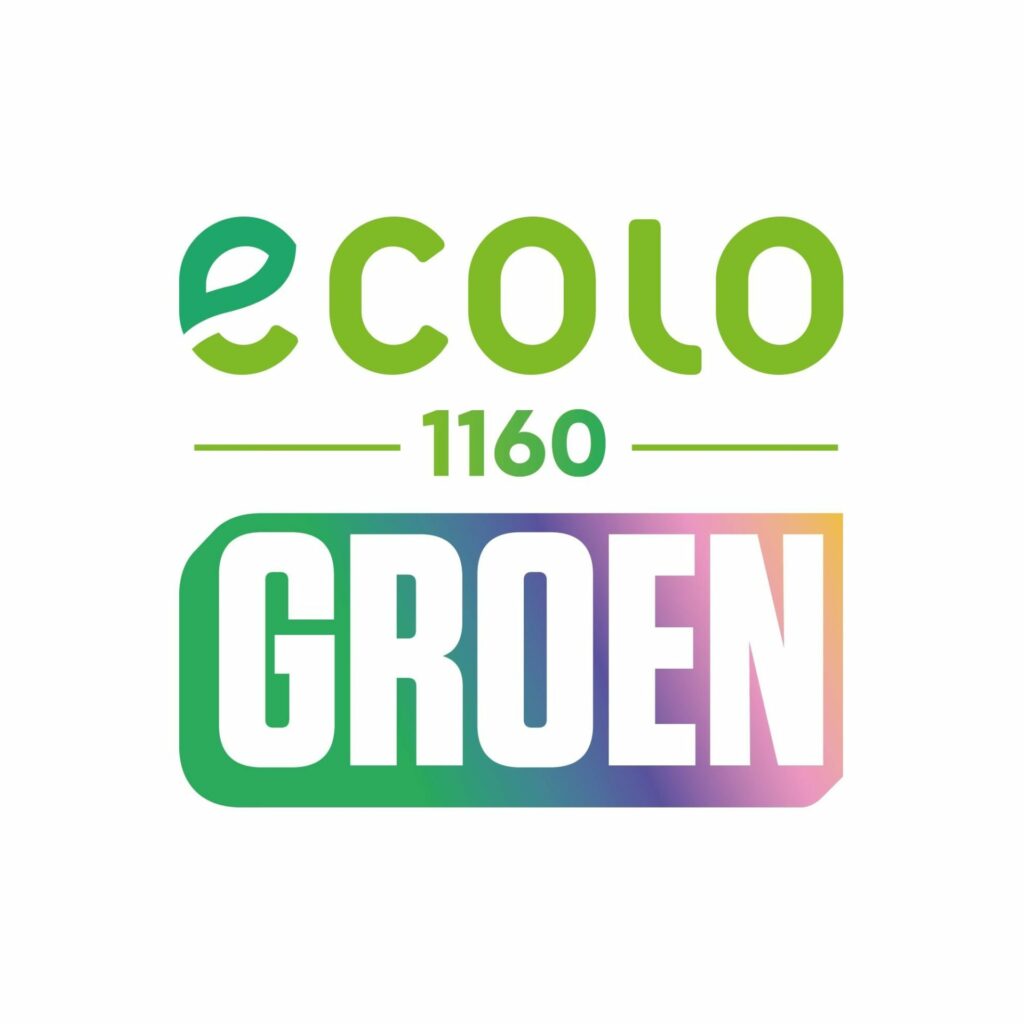
Lead candidate: Elise Wilame (Ecolo)
Number of candidates on the list: 33
Cleanliness and public space: preserve and enhance biodiversity, protect trees and encourage greenery, combat noise and air pollution, reduce visual pollution, control public lighting, make Auderghem a 'pesticide-free' municipality.
Mobility: adopt traffic plans in consultation with the people of Auderghem and local stakeholders, work towards 'zero deaths' on the roads, initiate small-scale mobility/circulation studies on certain routes such as the Herrmann Debroux crossroads and the junction between Chaussée de Wavre and Avenue Herrmann Debroux.
Poverty reduction: provide adapted social services (energy, debt, housing, etc.) by financially intervening in the prices of the services offered, create an advisory council for people with disabilities to participate in the development of a municipal inclusion charter, launch a plan to combat poverty.
Full list programme here.
5. PS
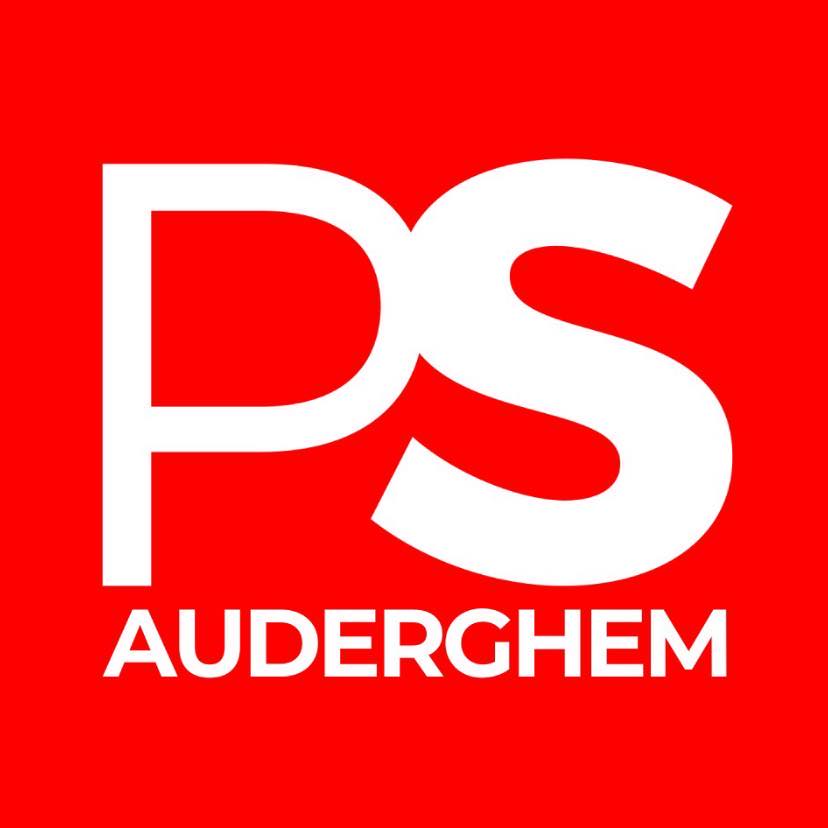
Lead candidate: Emanuelle Poznanski
Number of candidates on the list: 33
Housing: increase the number of accessible housing units (with a target of 20 units per year), renovate and insulate social housing, reserve 20% of housing in new buildings for low-income earners, create a (physical and digital) housing help desk.
Economy and work: create co-working spaces for young entrepreneurs, help SMEs to set up in Auderghem through local tax breaks, consider introducing a four-day working week for local authority employees over the age of 55, collaborate with associations working to connect young people to the world of employment.
Mobility and public space: create more living spaces that reconnect residents with their neighbourhoods, feminise public spaces, design roads to integrate different modes of mobility and make them safer, ensure that different modes of mobility are interconnected.
Security and cleanliness: develop the supply of (underground) containers, increase the number of peacekeepers, improve pedestrian safety with level pavements, soundproof pedestrian crossings and better lighting, create mobile medical teams to better equip the police to deal with public order problems linked to mental health.
Full list programme here.

